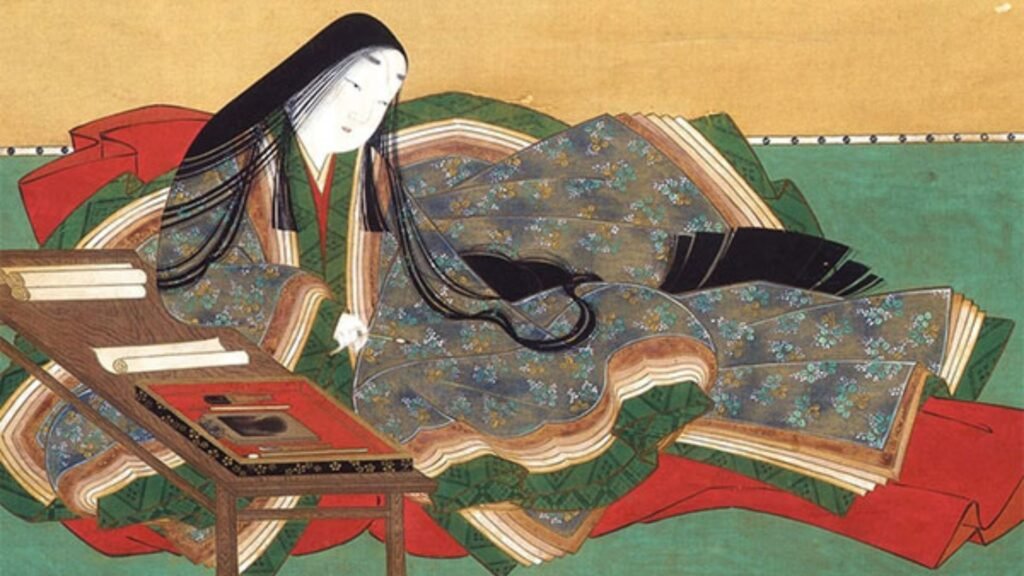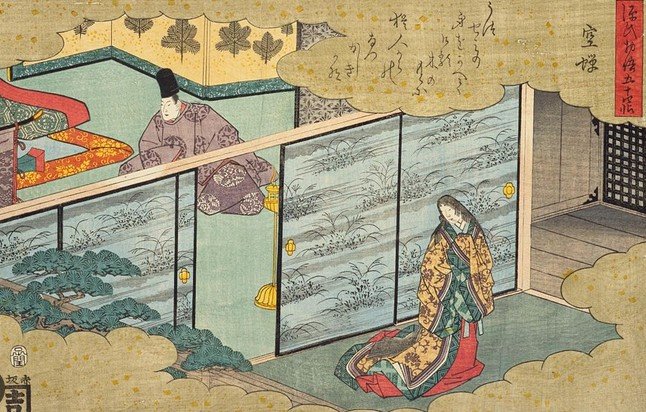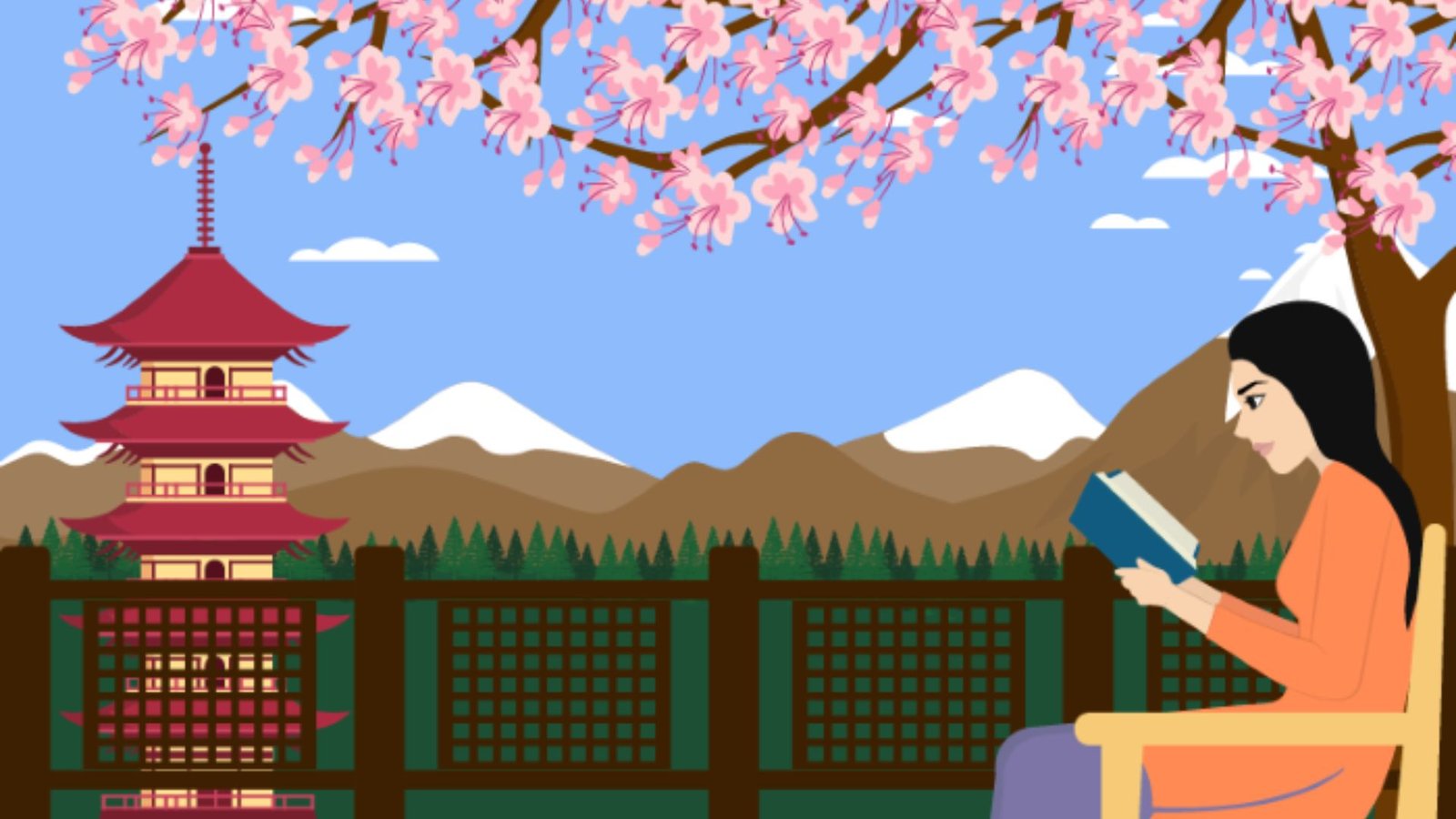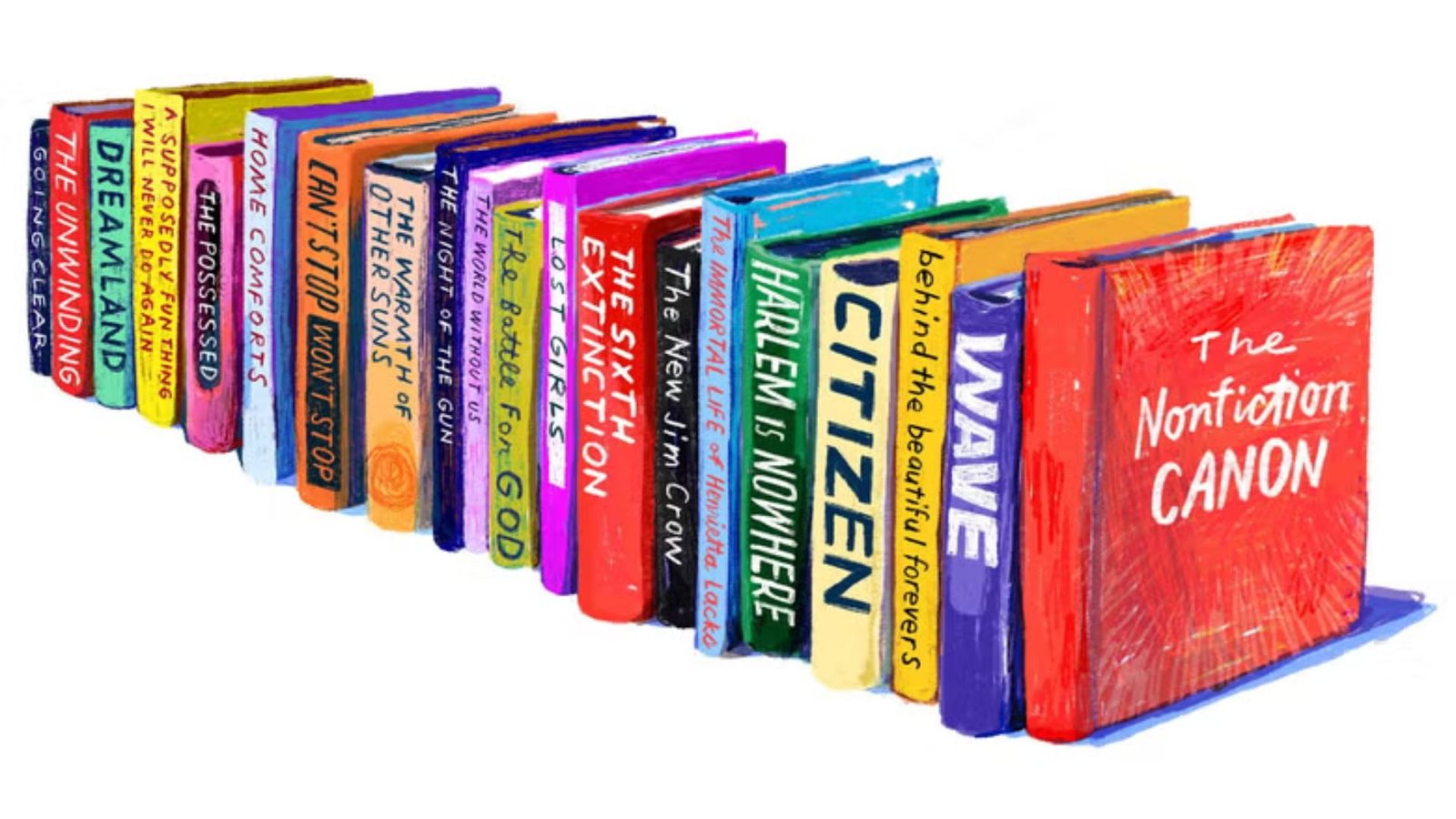Japanese literature has long been admired for its depth, beauty, and cultural insight. However, in recent years, a wave of talented Japanese authors has emerged who are not content to simply follow tradition. These writers are blending genres, mixing elements of fantasy, science fiction, horror, and even philosophy to create unique and compelling narratives. By breaking genre boundaries, these authors are reshaping the literary landscape in Japan and beyond, offering fresh perspectives and captivating stories that defy conventional categorization.

Haruki Murakami
Haruki Murakami is undoubtedly one of Japan’s most internationally renowned authors, known for his ability to blend the mundane with the fantastical. His works often mix surrealism, magical realism, and philosophical musings in ways that make them stand out in both Japanese and world literature.
- Notable Works: Kafka on the Shore, 1Q84, Norwegian Wood
- Genre-Bending Elements: Murakami’s novels often mix elements of mystery, romance, and magical realism. In 1Q84, for instance, the story oscillates between alternate realities, blending a love story with dystopian and metaphysical questions.
Yoko Ogawa
Yoko Ogawa has garnered critical acclaim for her work that fuses literary fiction with elements of horror, mystery, and psychological thrillers. Her ability to explore the human psyche through gripping, often disturbing narratives, has made her a standout in contemporary Japanese literature.
- Notable Works: The Housekeeper and the Professor, The Diving Pool, Revenge
- Genre-Bending Elements: Ogawa frequently blends elements of psychological horror with delicate literary prose. In Revenge, a collection of interconnected stories, she combines horror, suspense, and the grotesque with deeply emotional, intimate character studies.
- Why She Breaks Boundaries: Ogawa challenges the conventional boundaries of genre by blending eerie, disturbing elements with beauty and tenderness. Her stories force readers to question the darkness within us all.
Finding Joy and Excitement in Every Experience
Hanayume Online focuses on creating meaningful and joyful experiences for every user, whether through celebrations, planning, or lifestyle inspiration. Similarly, jackpotjillvip Online Casino offers entertainment and excitement in a vibrant online setting. Both platforms share a commitment to bringing moments of happiness and engagement to people in unique and enjoyable ways.
best payout casinos
Hanayumeonline.com appears to be a website, possibly related to a business or personal blog focused on manga and Japanese culture. While visitors explore the content and offerings presented, some might also enjoy online entertainment during their leisure time. For those seeking engaging online gaming platforms known for favorable returns, exploring best payout casinos can provide an enjoyable diversion. Discover platforms with higher RTP percentages and efficient withdrawal processes for a rewarding experience.
Natsuo Kirino
Natsuo Kirino’s novels are known for their gritty realism, psychological depth, and examination of gender and social norms in contemporary Japan. She pushes the boundaries of the crime genre by incorporating feminist themes, highlighting the complex and often uncomfortable realities women face in Japanese society.
- Notable Works: Out, Real World
- Genre-Bending Elements: Kirino’s crime novels don’t simply follow a typical detective plot. In Out, the story centers around a group of women who become involved in murder, offering a dark and feminist critique of society while also exploring the deeper motivations behind crime and violence.
- Why She Breaks Boundaries: Kirino breaks genre expectations by weaving feminist themes into crime fiction, focusing on the lives of women whose personal struggles and societal limitations lead to acts of violence.
Sayaka Murata
Sayaka Murata is an author who effortlessly blends genres like satire, surrealism, and dystopia. Her works often explore society’s expectations and individualism, often using humor and surreal elements to critique modern life and social structures.
- Notable Works: Convenience Store Woman, Earthlings
- Genre-Bending Elements: In Convenience Store Woman, Murata blends absurdity and dark comedy with social commentary, examining the pressures placed on individuals by societal norms. Earthlings takes this further with elements of science fiction, as the protagonist grapples with the idea that she is an alien in human society.
- Why She Breaks Boundaries: Murata’s ability to weave together surreal and satirical elements with profound reflections on identity and social conformity makes her works unique. She pushes the boundaries of genres by incorporating speculative fiction into stories that focus on everyday life.
Embracing Elegance and Entertainment
Hanayumeonline.com celebrates moments of beauty and joy, offering inspiration for those who value elegance in every experience. In a similar spirit of refined enjoyment, jokacasino Online Casino provides an engaging platform for players who appreciate style and excitement. Both experiences focus on creating memorable moments that blend sophistication with fun. Explore the best of both worlds where luxury meets entertainment.
Conclusion
Japanese authors have been at the forefront of pushing literary boundaries, creating works that don’t neatly fit into traditional genres. From Haruki Murakami’s surrealist fantasies to Natsuo Kirino’s feminist crime thrillers, these authors are blending elements of the supernatural, crime, philosophy, and everyday life to create unique narratives. By defying the conventional expectations of genre, these writers are shaping the future of literature, offering readers a wide range of thought-provoking, genre-defying stories that challenge perceptions and expand the boundaries of storytelling.











